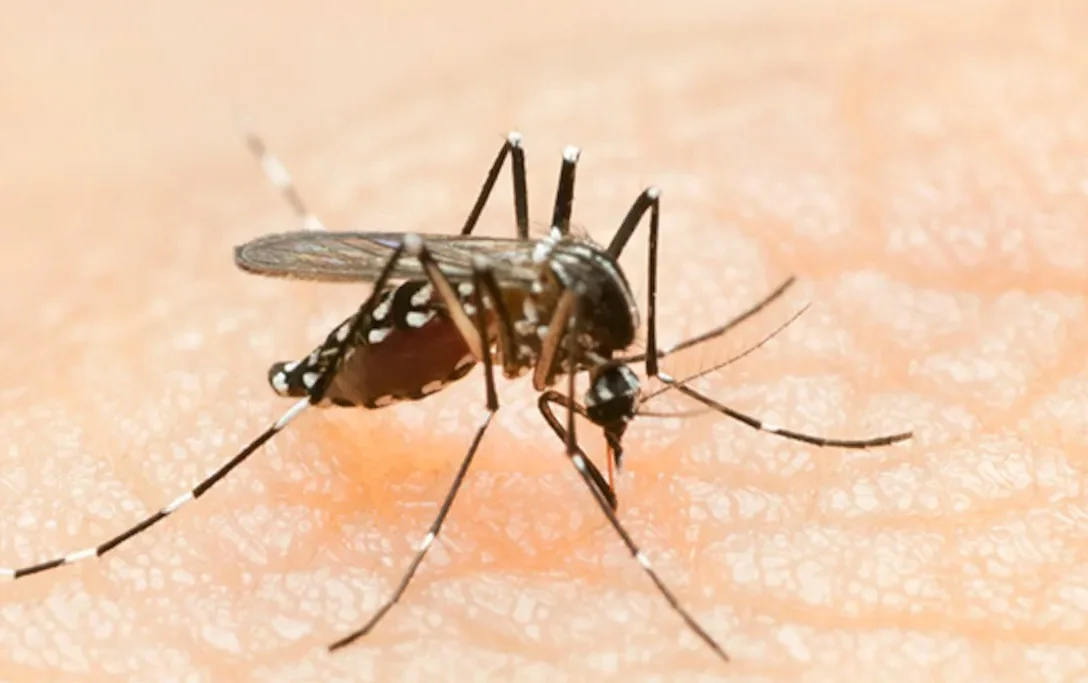Physical Address
304 North Cardinal St.
Dorchester Center, MA 02124
Physical Address
304 North Cardinal St.
Dorchester Center, MA 02124

As India enters the monsoon season, the country is witnessing a sharp rise in dengue fever cases, particularly in metropolitan and tier-2 cities. According to the latest health ministry data, over 14,000 dengue cases have been reported across the country within the first two weeks of June 2025. Cities like Delhi, Mumbai, Kolkata, Bengaluru, Hyderabad, and Lucknow are among the worst hit.
This sudden surge has prompted state health departments and municipal corporations to issue public warnings, step up fogging drives, and activate emergency fever clinics. Health experts have warned that if preventive action is not taken swiftly, the numbers could cross epidemic thresholds by mid-July.
Here’s a breakdown of the reported dengue cases in major cities (as of June 14, 2025):
Hospitals in these areas have reported a rise in patient footfall, especially with symptoms like high fever, joint pain, skin rash, and platelet drops. Private clinics have also reported a 20-30% increase in fever-related consultations over the past 10 days.
The primary cause for the dengue surge, as per the National Vector Borne Disease Control Programme (NVBDCP), is stagnant water accumulation due to heavy rainfall and poor drainage in urban areas. Aedes aegypti, the mosquito that spreads dengue, thrives in clean standing water.
Dr. Seema Mehra, a virologist in Mumbai, explained:
“We’re seeing breeding grounds in plant pots, construction sites, overhead tanks, and even unused containers in homes. The public needs to be extremely vigilant.”
Both central and state governments have taken urgent steps to tackle the situation:
The Union Health Minister, Dr. Mansukh Mandaviya, held a high-level meeting on June 12, directing all states to activate vector control cells and ensure real-time surveillance using mobile health reporting systems.
According to the Indian Council of Medical Research (ICMR), dengue symptoms include:
Doctors warn that if the trend continues, hospitals may face bed shortages, especially in pediatric and ICU wards. In Delhi and Kolkata, several hospitals have already reported 90% occupancy in fever wards. State health departments are being urged to arrange temporary treatment centers and stock up on fluids and platelet concentrates.
Private labs have also seen a spike in dengue test requests, prompting a warning against unnecessary testing and panic.
Experts believe that while medical efforts are underway, public awareness and responsibility will play the most critical role in halting the outbreak. Campaigns like “10 Minutes Every Sunday to Fight Dengue” are being reactivated across municipalities.
Social media influencers and community leaders have also been roped in to spread the message.
The dengue situation in India this June is alarming but still controllable. A coordinated effort involving the government, healthcare system, and citizens is essential to curb the spread. With vigilance, timely treatment, and preventive action, India can avoid the crisis escalating further.